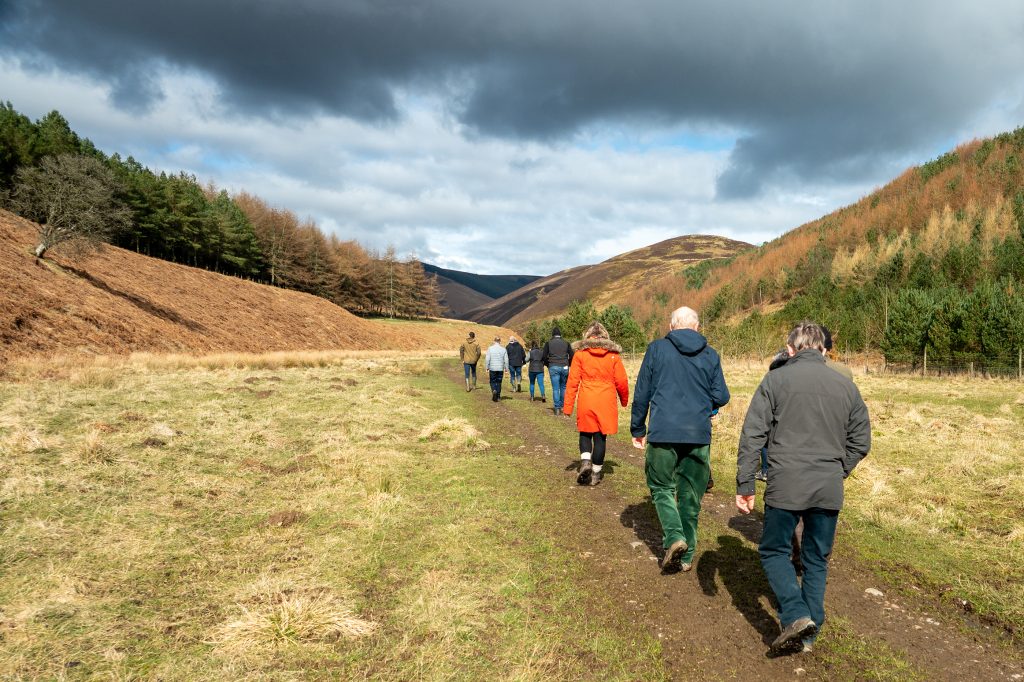Social, Economic and Geographical Sciences
The James Hutton Institute’s Social, Economic and Geographical Sciences (SEGS) department represents the fields of economics, geography, politics, sociology, anthropology, psychology and everything in between. Our mission is to be internationally recognised for the quality, relevance and impact of our social science research connecting land, people and the environment.
Through the development and application of a variety of quantitative and qualitative research methods, we provide new insights into complex problems relevant to contemporary environmental and rural issues in Scotland, Europe and beyond. Regardless of our research methods and questions, we share a commitment to engagement and dialogue outside of academia, sharing and often co-creating insights with stakeholders ranging from policy makers to community groups.
Our science
We contribute insights to discourses on sustainability, social and economic dimensions of rural development, culture and social norms, local food, agriculture and wider food systems, transport, land management and transitions, energy, natural resource use, human-environment relationships, valuation of natural resources, governance and institutions, risk, communities and health. We achieve this through “free-standing” social science, interdisciplinary work with natural and data scientists and also transdisciplinary work with a range of stakeholders.

The Social, Economic and Geographical Sciences department is organised into four groups:
- Environmental governance (led by Alice Hague)
- Land and People (led by Maria Nijnik/Annie McKee)
- Changes in People-Place Relations (led by Mags Currie)
- Sustainable Transitions & Behaviours (led by Kathryn Colley)
We work within and across groups on a wide range shared research interests. Our research aims to inform understanding of real-world problems, often working with stakeholders, to improve outcomes through inclusive, ethically responsible research.
Our research explores the complexities – and consequences – of how different actors, policies and institutions are intertwined in decisions that affect the natural environment and land management. We investigate and inform decision-making and processes in Scotland, the UK and beyond. Our department comprises social scientists from a wide range of disciplinary backgrounds, including sociology, ecological and environmental economics, politics, anthropology and geography. That means we are able to draw on a variety of theoretical approaches and concepts.
